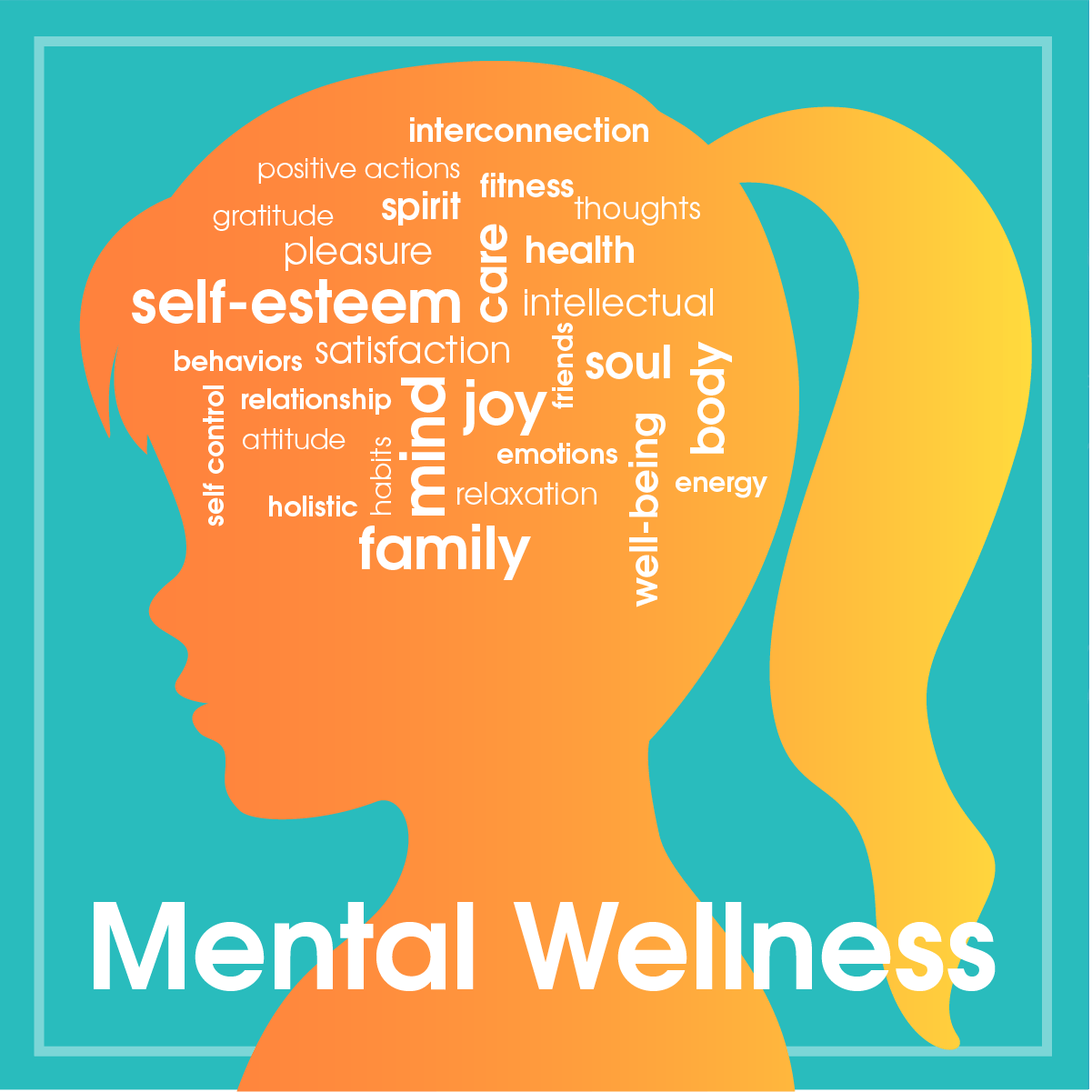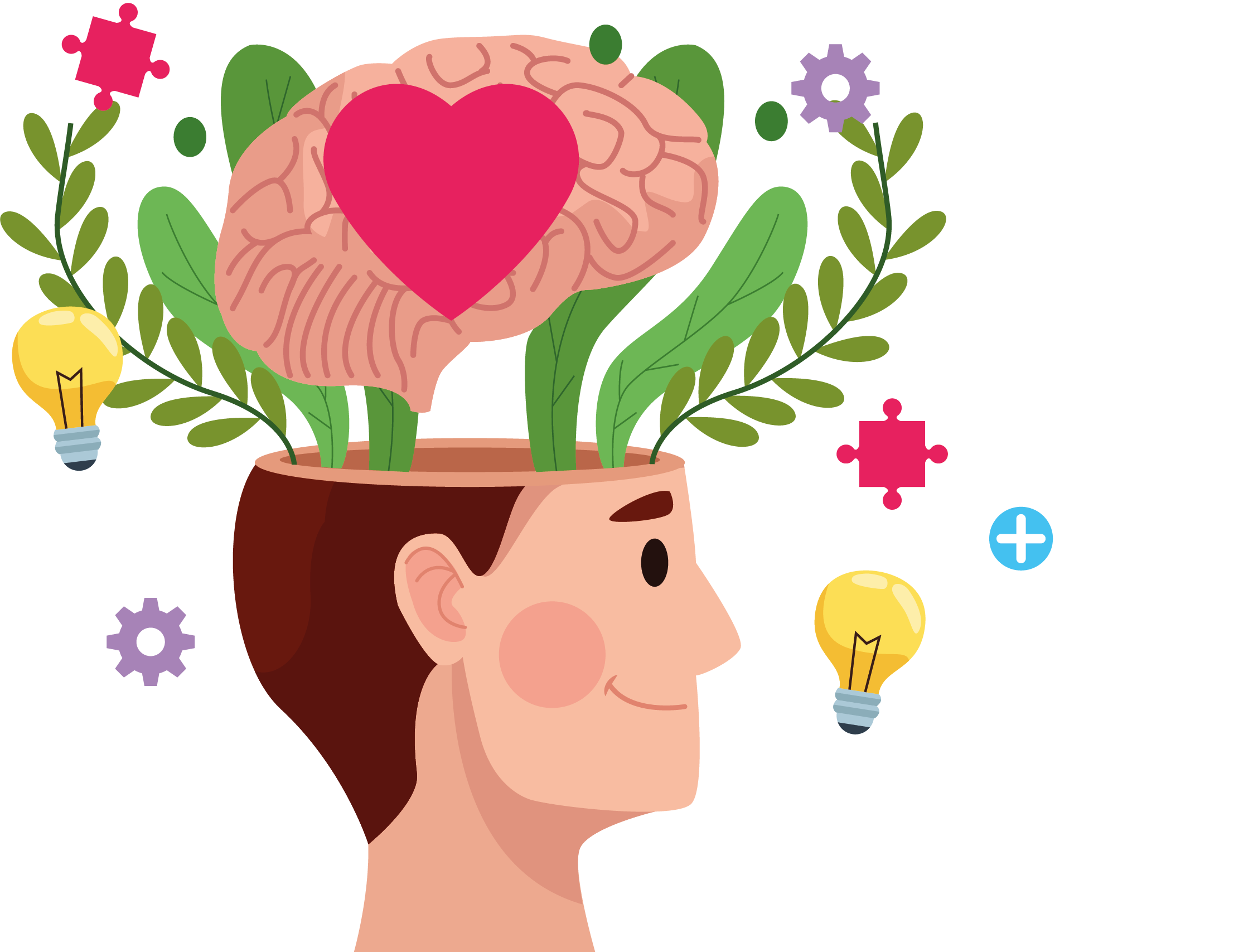
Introduction:
In our fast-paced world, maintaining a healthy mind is essential for overall well-being. Cultivating a healthy mind involves adopting habits and practices that promote mental clarity, emotional resilience, and inner peace. Here are some essential tips to help you nurture a healthy mind and thrive in life.
Prioritize Self-Care:
Self-care is the foundation of a healthy mind. Make time for activities that nourish your body, mind, and soul, whether it’s practicing mindfulness, indulging in a hobby you love, or simply taking a moment to breathe deeply and relax. Remember that self-care is not selfish but necessary for maintaining mental and emotional health.
Practice Mindfulness:
Mindfulness is the practice of being fully present in the moment, without judgment or attachment. Incorporating mindfulness into your daily routine can help reduce stress, improve concentration, and enhance overall well-being. Try simple mindfulness exercises like deep breathing, body scans, or mindful eating to cultivate a greater sense of awareness and inner peace.
Nurture Positive Relationships:
Healthy relationships are crucial for mental and emotional well-being. Surround yourself with supportive friends, family members, and loved ones who uplift and encourage you. Cultivate open communication, empathy, and trust in your relationships, and don’t be afraid to seek help or support when needed. Remember that strong connections with others are essential for overall happiness and fulfillment.
Set Boundaries:
Setting boundaries is essential for protecting your mental and emotional health. Learn to say no to activities, commitments, or people that drain your energy or cause undue stress. Prioritize your needs and values, and don’t feel guilty about prioritizing your well-being. Setting healthy boundaries allows you to preserve your mental and emotional resources and focus on what truly matters to you.
Practice Gratitude:
Gratitude is a powerful tool for promoting a healthy mind and perspective. Take time each day to reflect on the things you’re grateful for, whether it’s a beautiful sunset, a kind gesture from a friend, or a moment of peace and quiet. Cultivating an attitude of gratitude can help shift your focus from negativity to positivity and foster a greater sense of contentment and fulfillment in life.
Engage in Lifelong Learning:
Stimulate your mind and keep it sharp by engaging in lifelong learning. Whether it’s reading books, taking courses, or learning a new skill, challenging yourself intellectually can help prevent cognitive decline and enhance mental agility. Embrace curiosity and a thirst for knowledge, and never stop seeking opportunities for growth and self-improvement.
Practice Self-Compassion:
Be gentle with yourself and practice self-compassion, especially during times of difficulty or challenge. Treat yourself with the same kindness and understanding that you would offer to a friend facing a similar situation. Acknowledge your strengths and weaknesses, and learn to forgive yourself for past mistakes or shortcomings. Remember that self-compassion is essential for fostering resilience and emotional well-being.
Find Meaning and Purpose:
Finding meaning and purpose in life is essential for mental and emotional health. Reflect on your values, passions, and aspirations, and identify activities or pursuits that bring you joy and fulfillment. Whether it’s volunteering, pursuing a creative passion, or making a difference in your community, aligning your actions with your values can help cultivate a greater sense of purpose and satisfaction in life.
Conclusion:
Cultivating a healthy mind is an ongoing journey that requires commitment, self-awareness, and intentional effort. By prioritizing self-care, practicing mindfulness, nurturing positive relationships, and embracing gratitude, you can nurture a healthy mind and thrive in all aspects of life. Remember that mental and emotional well-being are invaluable assets that deserve your attention and care. Read more about tips for healthy mind





